Is Protein Powder Made from Peas? A Look at Plant-Based Options
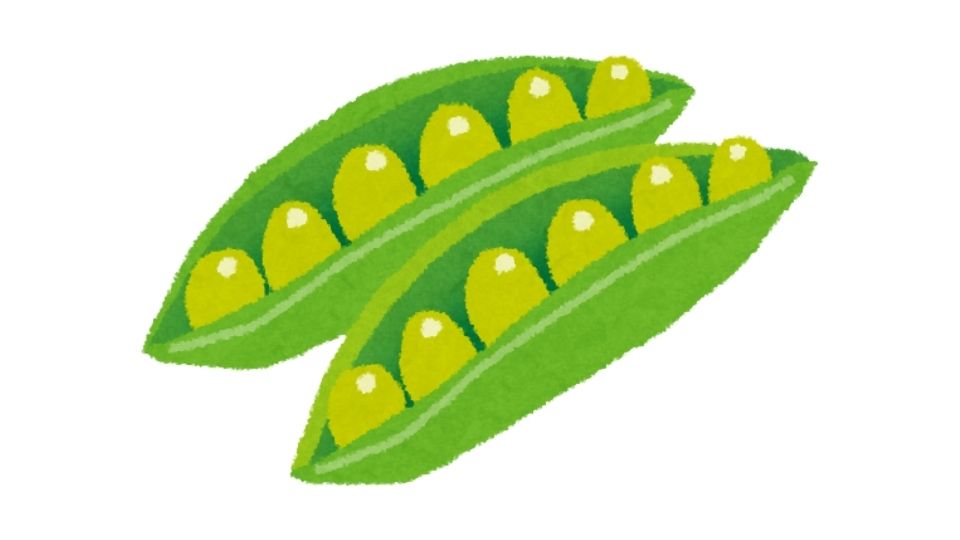
Ever wondered what exactly is in that green protein powder all your vegan friends are raving about?
Turns out, pea protein powder is exactly what it sounds like—protein extracted from yellow peas (not the mushy green ones from your childhood nightmares).
But before you dismiss it as just another health fad, let me tell you—this plant-based protein is actually a nutrient powerhouse that rivals whey in many ways.
And no, it doesn’t taste like split pea soup. Thank goodness.
The Scoop on Pea Protein Powder
Pea protein is made by drying yellow peas, extracting the protein, and removing most of the carbs, fiber, and starch. What you’re left with is a concentrated protein that’s:
- Naturally hypoallergenic (no dairy, no gluten, no soy!)
- Packed with essential amino acids (especially lysine)
- Easy to digest (bye-bye, protein farts)
- Rich in iron (something many of us—especially women—need more of)
Think of it as the underdog of the protein world that’s finally getting its moment in the spotlight.
Nutrition Breakdown: What’s Actually In This Stuff?
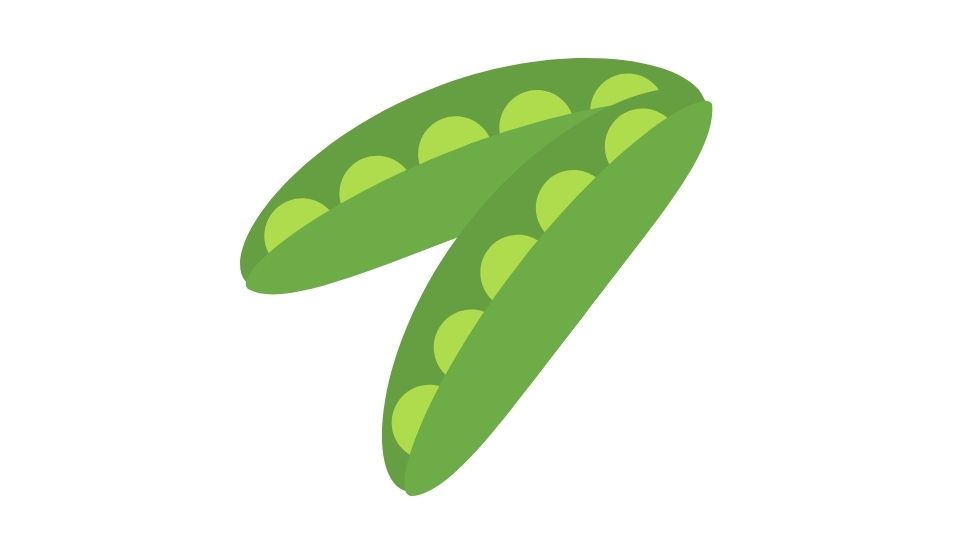
Raw peas contain about 20-25% protein by weight, but once processed into protein powder, that concentration skyrockets.
The amino acid profile is pretty impressive too. Pea protein contains all essential amino acids our bodies need, with particularly high levels of lysine and threonine. It’s a bit lower in methionine and cysteine (sulfur-containing amino acids), but nothing to worry about if you’re eating a varied diet.
What really stands out is the iron content—pea protein provides about 30% of your daily iron needs per serving, which is huge considering iron deficiency affects about 25% of the world’s population.
So while your gym bro might still swear by his whey shakes, the science shows pea protein’s amino acid profile is close enough to dairy proteins that it works just as well for building muscle.
Health Benefits That Might Surprise You
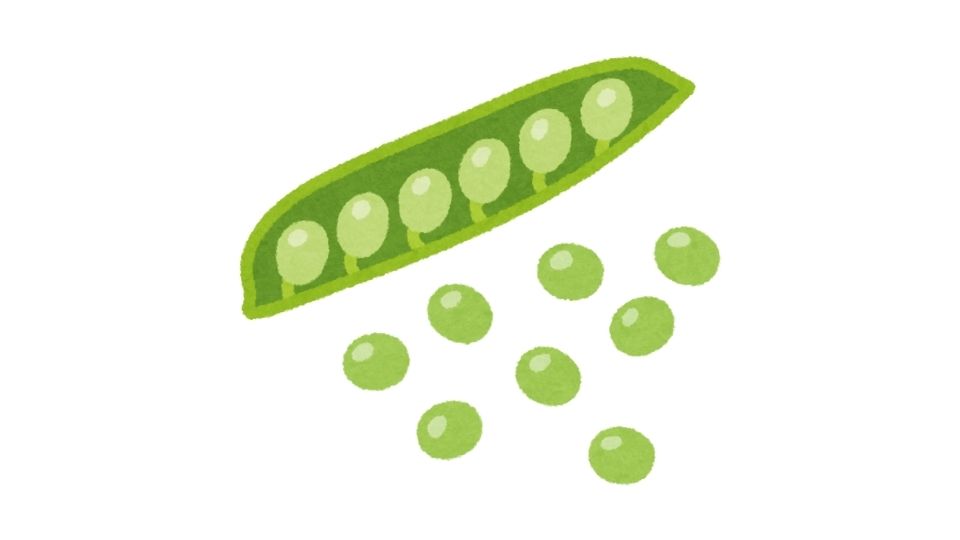
Gains, Bro. Actual Science-Backed Gains.
If you’re hitting the gym and worried plant protein won’t cut it, worry no more. A 12-week study comparing pea and whey protein found no significant difference in muscle growth or strength gains between the two.
The high BCAA content (leucine, isoleucine, and valine) in pea protein helps with:
- Muscle protein synthesis
- Reducing post-workout soreness
- Supporting recovery
So yes, you can still get jacked on plants. The dinosaurs in “Jurassic Park” were vegan too, and they were terrifying.
Gut-Friendly and Allergy-Approved
Unlike whey protein, which can leave you bloated and running for the bathroom (we’ve all been there), pea protein is typically easier on the digestive system.
It’s free from common allergens like:
- Lactose
- Dairy
- Gluten
- Soy
- Eggs
This makes it perfect for people with food sensitivities or those who just don’t want their protein shake to start a civil war in their intestines.
Weight Management Without the Hunger Games
Protein is known for keeping you full longer, and pea protein is no exception. Studies show it’s just as effective as animal proteins at increasing satiety.
What does this mean for you? Less snacking, fewer cravings, and an easier time maintaining a calorie deficit if weight loss is your goal. Research confirms protein’s role in appetite control, and pea protein performs admirably in this department.
Heart Health Bonus Points
Some animal studies suggest pea protein might help lower blood pressure and cholesterol levels. The bioactive peptides in pea protein appear to affect blood vessel function and fat metabolism.
While we need more human studies to fully confirm these effects, the early research is promising. Your heart might thank you for choosing peas over whey.
Environmental and Practical Considerations
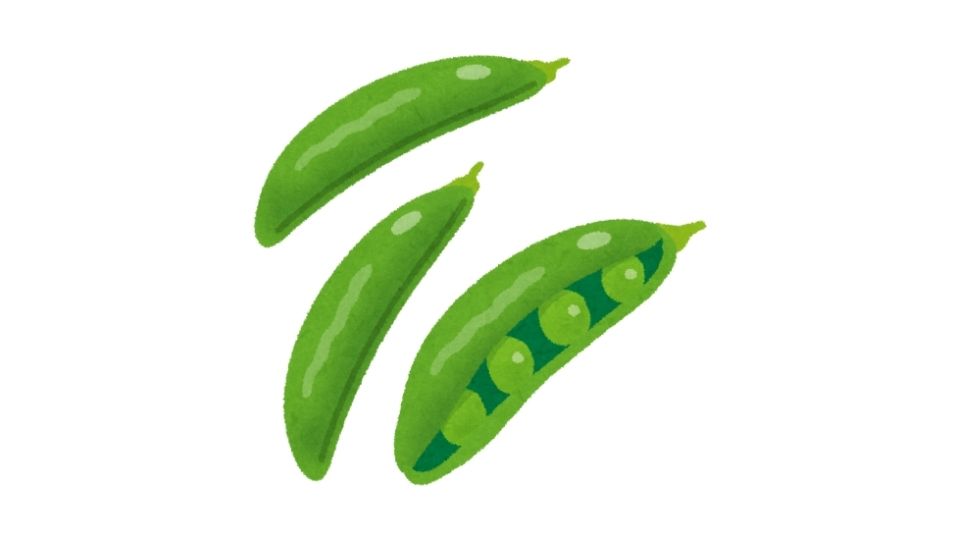
Let’s be real—protein production has a huge impact on our planet. Compared to animal proteins, pea protein:
- Uses significantly less water
- Requires less land
- Produces fewer greenhouse gases
- Doesn’t contribute to animal welfare concerns
So if you’re looking to reduce your environmental footprint while still getting quality protein, peas are a solid choice.
Plus, pea protein powder typically costs about the same as whey, sometimes even less, making it accessible for most budgets.
My Take: Is Pea Protein Worth Adding to Your Diet?
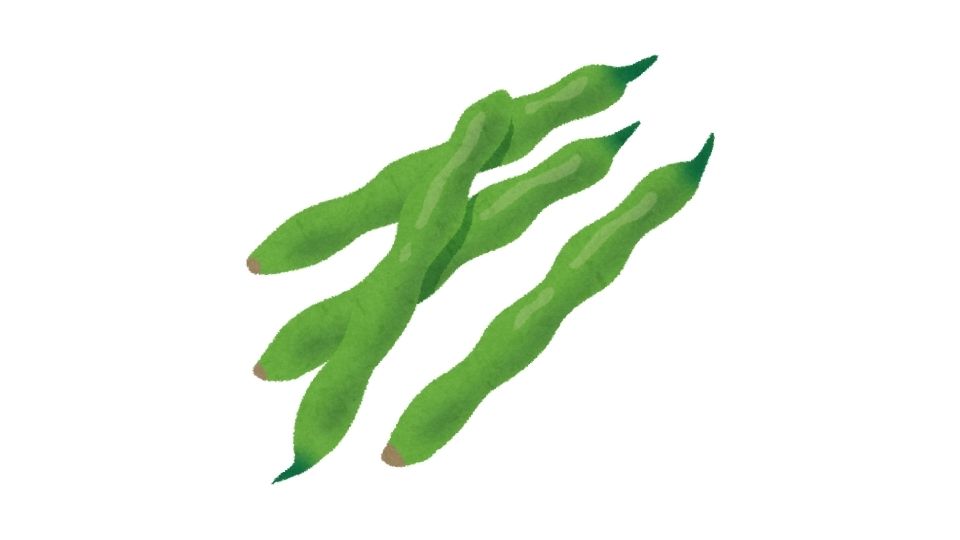
After diving into the research, I’m pretty convinced pea protein deserves a spot in most people’s supplement cabinets—especially if you’re:
- Vegan or vegetarian
- Lactose intolerant
- Trying to reduce animal product consumption
- Looking for a protein that’s easier on your digestive system
- Concerned about environmental impact
Is it perfect? No. The taste can be a bit earthy (though brands have gotten much better at masking this), and you might want to combine it with other protein sources for a more complete amino acid profile if you’re relying on it heavily.
But the science is clear—pea protein works for building muscle, supporting recovery, and providing quality nutrition.
And unlike that suspicious green smoothie your fitness influencer friend is trying to sell you, pea protein has actual research backing it up.
So next time you’re shopping for protein powder, maybe give peas a chance. Your muscles (and possibly your planet) will thank you.

